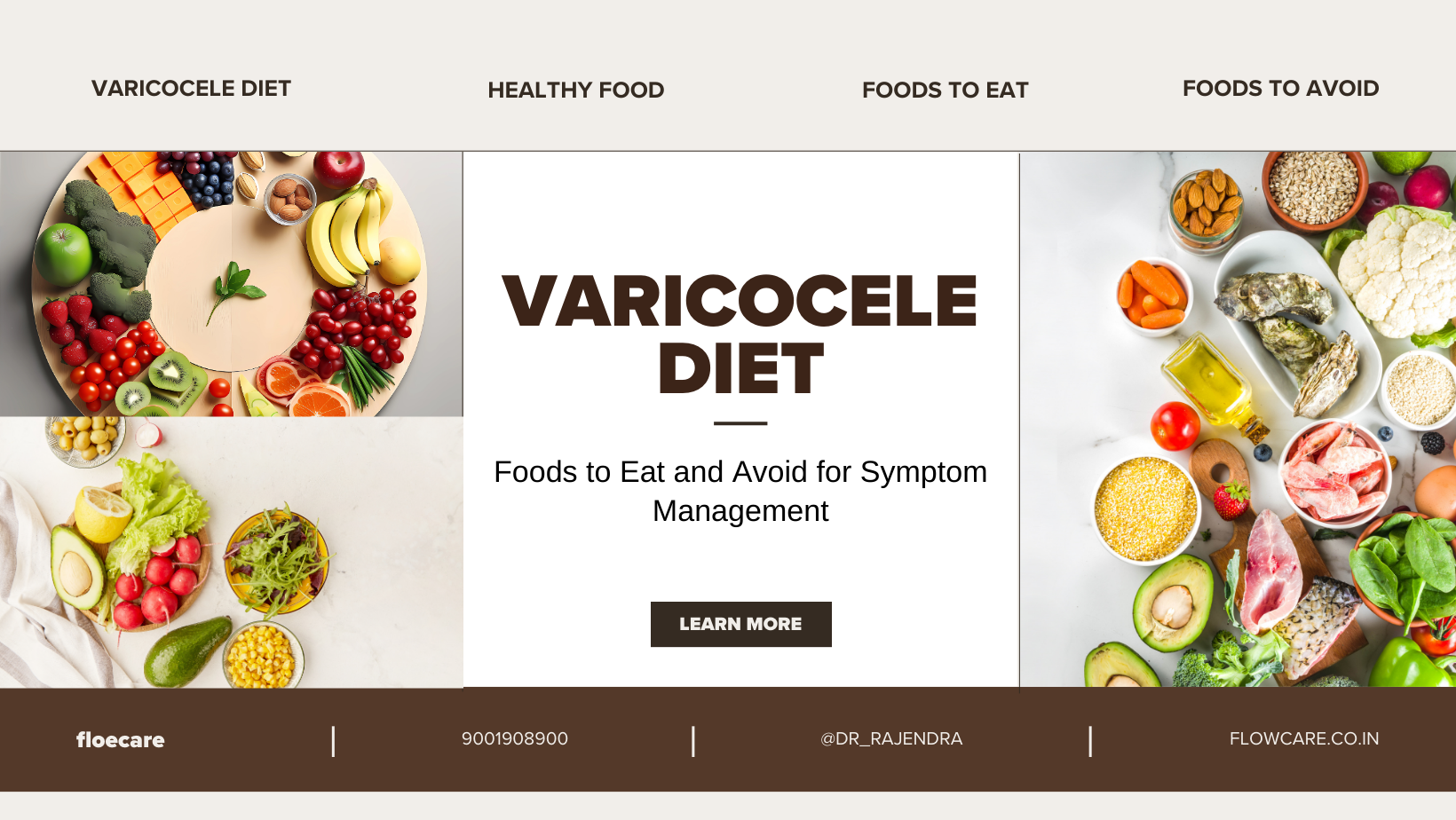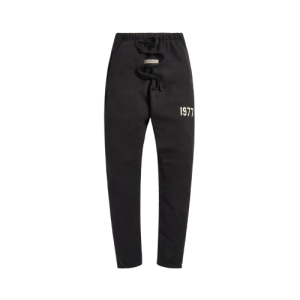The Impact of Diet on Varicocele: A Comprehensive Guide
Introduction
Varicocele is a common condition in men, affecting the veins within the scrotum, which can lead to discomfort, pain, and even fertility issues. While medical treatments and surgical options exist, many men look for ways to manage varicocele through lifestyle changes. One such change is focusing on a proper diet. A varicocele diet tailored to improve circulation, reduce inflammation, and support overall health can be an effective complementary approach to treating this condition.
In this article, we’ll explore the role diet plays in managing varicocele and discuss which foods can help alleviate its symptoms and promote recovery.
Understanding Varicocele
Varicocele occurs when the veins within the scrotum become enlarged due to malfunctioning valves. These veins can lead to increased pressure, causing blood to flow backward and pool. The condition is often compared to varicose veins, but it specifically affects the scrotal area.
Symptoms of varicocele may include:
- Pain or discomfort in the scrotum
- Swelling or lumps in the scrotal area
- Infertility or reduced sperm count
While surgery and medical interventions are often considered for severe cases, lifestyle and dietary changes can play a significant role in managing milder forms of the condition.
The Connection Between Diet and Varicocele
Diet plays a key role in managing varicocele by addressing the root causes of the condition: poor circulation and inflammation. Certain nutrients can help improve blood flow, strengthen veins, and reduce inflammation, which are all vital in minimizing varicocele symptoms.
Below, we explore various nutrients and foods that can contribute to a varicocele diet and the reasons they are beneficial.
Key Nutrients for a Varicocele-Friendly Diet
- Antioxidants: Protecting Your Veins
Antioxidants are crucial in combating oxidative stress, which can weaken blood vessels and increase the risk of varicocele symptoms. Foods rich in antioxidants—like vitamins C and E—help protect the blood vessels and improve circulation.
- Foods to Include: Citrus fruits, berries, spinach, kale, and nuts. These foods are rich in antioxidants that support vein health and circulation.
- Omega-3 Fatty Acids: Reducing Inflammation
Omega-3 fatty acids have strong anti-inflammatory properties that can help reduce swelling in the veins of the scrotum. By lowering inflammation, omega-3s may reduce pain and discomfort associated with varicocele.
- Foods to Include: Fatty fish (salmon, mackerel, sardines), flaxseeds, chia seeds, and walnuts.
- Vitamin B Complex: Supporting Circulation
B vitamins, especially B6, B12, and folic acid, are essential for proper circulation and overall cardiovascular health. These vitamins help strengthen blood vessels and prevent blood clots, which can exacerbate varicocele symptoms.
- Foods to Include: Whole grains, eggs, leafy greens, and legumes. These foods provide essential B vitamins that support the circulatory system.
- Flavonoids: Enhancing Vascular Health
Flavonoids are plant compounds that improve blood flow and reduce inflammation. Studies suggest that flavonoids can play a significant role in improving vein function, making them a key component of any varicocele diet.
- Foods to Include: Dark chocolate (with at least 70% cocoa), apples, onions, and tea (especially green tea).
- Magnesium: Preventing Vein Constriction
Magnesium is a mineral that supports healthy blood flow by relaxing blood vessels. It can prevent vein constriction and promote proper circulation, which is especially beneficial for those with varicocele.
- Foods to Include: Leafy greens, nuts, seeds, legumes, and whole grains. These foods are rich in magnesium, which supports vascular relaxation.
Foods to Avoid for a Varicocele Diet
While some foods can help alleviate varicocele symptoms, others can exacerbate the condition. To improve your chances of managing varicocele through diet, avoid the following:
- Processed Foods: Foods high in trans fats and added sugars can lead to inflammation, poor circulation, and weight gain, all of which can worsen varicocele symptoms.
- Excessive Alcohol: Alcohol can dehydrate the body and affect blood circulation. It can also lead to liver dysfunction, which may exacerbate blood flow problems.
- Caffeine: Excessive caffeine consumption can cause dehydration and constrict blood vessels, potentially worsening varicocele symptoms.
- Red Meat: Red meat, especially processed types, can lead to inflammation and poor blood flow. It’s better to opt for lean protein sources like fish, chicken, or plant-based options.
Creating a Varicocele-Friendly Meal Plan
A varicocele diet should focus on whole, natural foods that promote circulation and reduce inflammation. Here’s an example of a daily meal plan designed with varicocele in mind:
- Breakfast: Oatmeal with chia seeds, flaxseeds, and fresh berries (rich in fiber, antioxidants, and omega-3s).
- Lunch: Grilled salmon with leafy greens, avocado, and a side of quinoa (provides omega-3s, magnesium, and vitamin B).
- Snack: A handful of walnuts and dark chocolate (rich in flavonoids and omega-3s).
- Dinner: A vegetable stir-fry with tofu, bell peppers, and onions, served with brown rice (packed with antioxidants, flavonoids, and fiber).
- Drink: Green tea or water throughout the day to stay hydrated and improve circulation.
By incorporating these foods into your daily routine, you can promote healthier veins and reduce the discomfort caused by varicocele.
Lifestyle Changes to Complement Your Diet
In addition to dietary changes, there are several lifestyle modifications that can further support the management of varicocele:
- Exercise: Regular physical activity, especially cardiovascular exercises like walking or swimming, can help improve circulation and strengthen veins.
- Weight Management: Maintaining a healthy weight can reduce pressure on the veins and improve circulation.
- Elevating the Scrotum: Elevating the scrotum, especially at night, can help reduce swelling and improve blood flow to the area.
- Avoiding Prolonged Standing or Sitting: Avoid long periods of standing or sitting without movement. This can help prevent increased pressure in the veins.
Conclusion
Managing varicocele through diet is a natural and effective way to support overall health and alleviate symptoms. A varicocele diet that includes antioxidant-rich foods, omega-3 fatty acids, and vitamins for circulation can reduce inflammation, improve vein function, and support fertility. By complementing these dietary changes with a healthy lifestyle, you can minimize discomfort and enhance your well-being.
While diet alone may not cure varicocele, it can be a powerful tool in managing the condition and improving your quality of life. Always consult with a healthcare provider for a tailored approach that suits your individual needs.














Post Comment